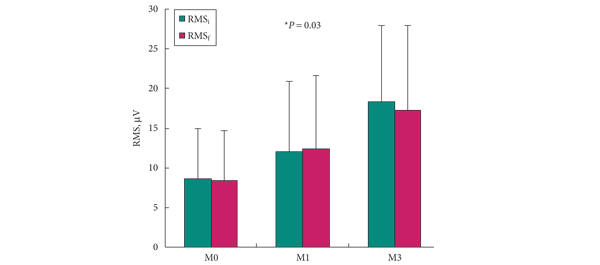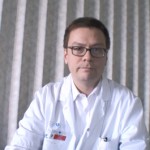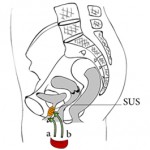Editorial: A step toward simplicity
Although effective, current treatments of stress urinary incontinence (SUI) can be viewed as palliatives, as they do not regenerate the normal function of the urethral sphincter. Cell therapy pretends to do so.
Mesenchymal-derived stem cells, isolated from bone marrow, striated muscle or fat have been investigated. Transurethral injection of striated muscle-derived stem cells (MDSCs) has been the most studied technique in human. Although results were encouraging, the need for pre-implantation cell expansion to provide a sufficient amount of cells has two major drawbacks. First, the need for a complex long and expensive process of cell biology to treat a patient precludes diffusion of such a technique. Secondly, cell culture and manipulation are known to affect survival and myogenic potential of MDSCs.
After they first demonstrated in pigs, that an autologous graft of a striated muscle piece around the urethra resulted in degeneration of mature myocytes and an activation of satellite cells, which differentiated in well-oriented myotubes with synapses and contractility, for the first time, Yiou et al. report in BJUI clinical data on striated muscle cells used as a source of stem cells to repair the urethral sphincter without cell expansion in a ‘one-time’ procedure.
The step is remarkable and is a step toward simplicity. It has to be kept in mind that SUI pathophysiology does not only suppose a damaged muscle. Denervation is another mechanism as suggested by the observation of longer activation latency in the urethral sphincter before stress, cough or sneeze in incontinent female patients without neurological disease. Urethral fibrosis is implicated in post-prostatectomy SUI or after urethral complication of a first anti-incontinence procedure.
There is still need for an extensive and subtler understanding of the mechanisms leading to different forms of SUI. Cell therapy will find its specific indications among these different forms of SUI. Combined cell therapy approaches (muscle based, fat based and other) may be the way to regenerate the whole function of the urethral sphincter.
Gilles Karsenty*†
*Aix-Marseille University, and †Department of Urology and Kidney Transplantation, La Conception Hospital, Marseille, France



